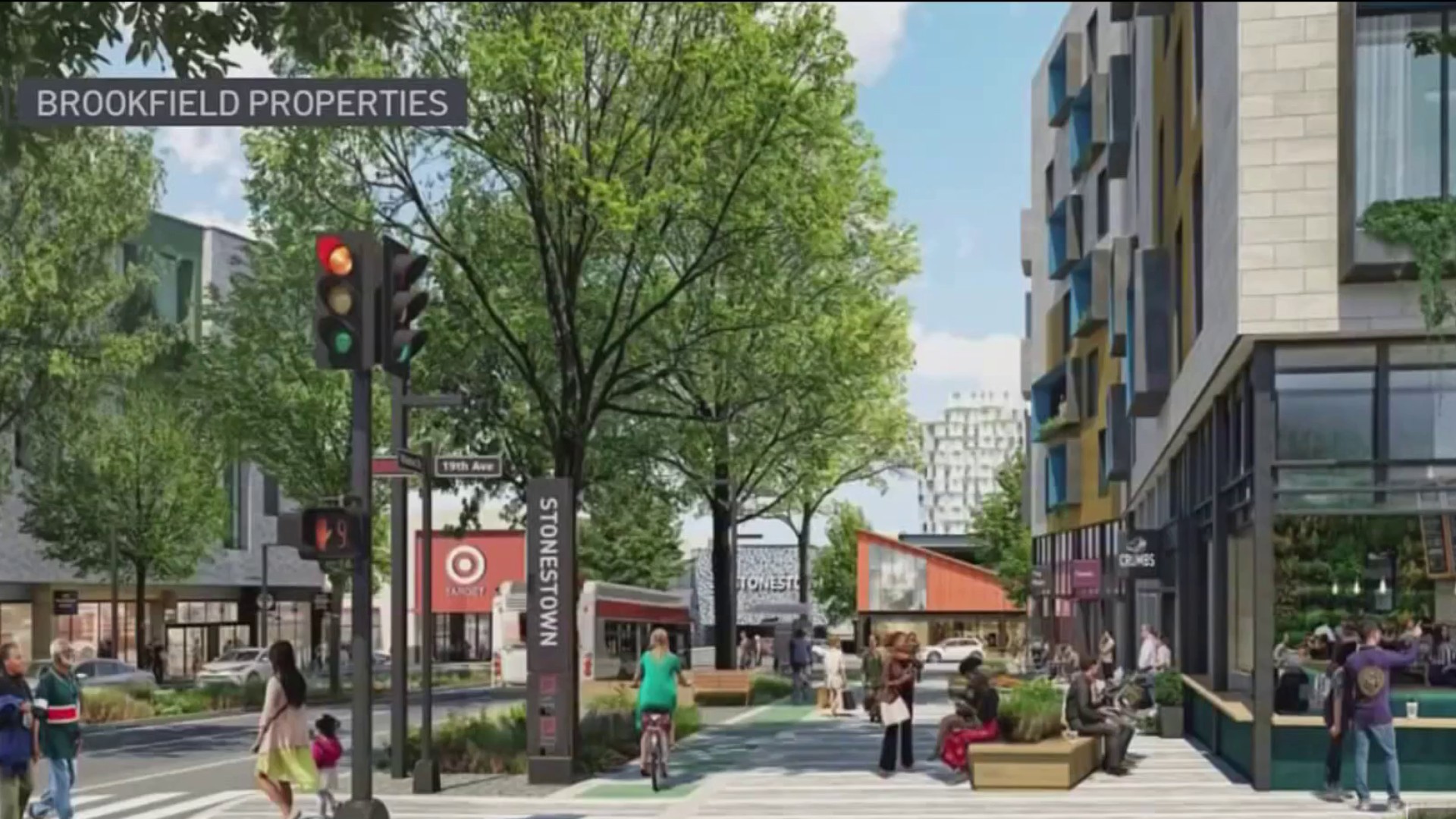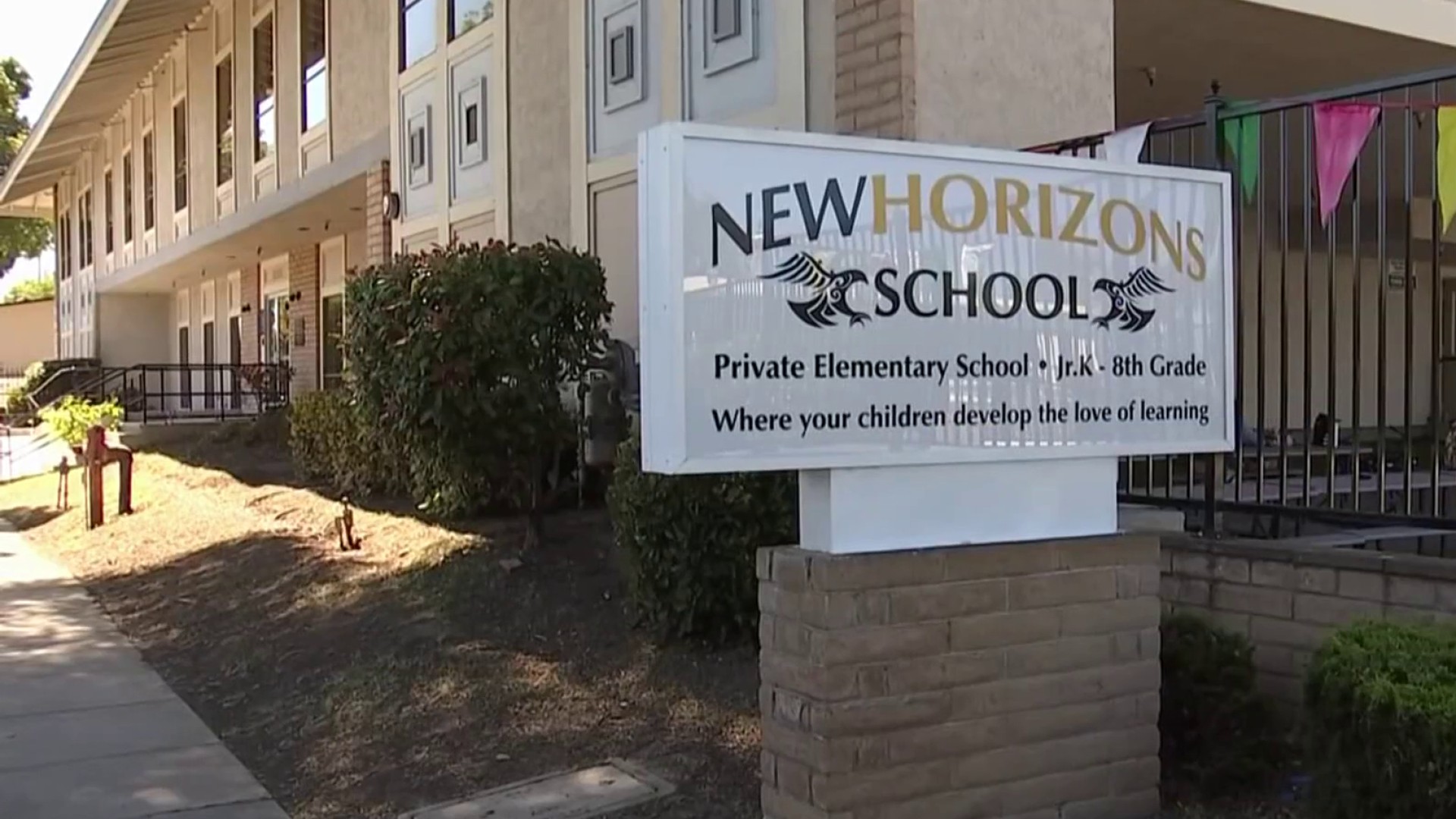A multi-billion-dollar legal battle is brewing between business owners and insurance companies -- and homeowners could end up caught in the crossfire.
As we first reported in April, a group of restaurateurs, including Thomas Keller of French Laundry in Napa, is calling on insurance companies to pay out claims on business interruption policies. The restaurant owners say they paid for insurance coverage in the event of a forced closure, but most insurers say the policies don't apply to losses caused by a pandemic.
The problem hits home for Rick Mitchell, co-owner of Luka's Oakland Taproom and Lounge. Like thousands of Bay Area restaurants, Luka's has laid off most staff as its dining room has remained closed for months.
"We made a claim on our business interruption insurance, and it was denied," Mitchell said. "I was very unhappy about it, but I wasn’t surprised. We’ve made a few claims over the years, and, in general, we get denied."
Mitchell has some powerful voices in his corner. A group of celebrity chefs, including Keller, Cat Cora, and Wolfgang Puck, recently launched the Business Interruption Group, or BIG. Their goal is to collectively shame insurers into paying shut-down claims.
The effort has made numerous national headlines, including an NBC News editorial written by Keller, and it recently voiced support for the Wiesenthal Center in Los Angeles in its own lawsuit over a denied insurance claim. Even California's Insurance Commissioner has weighed in, asking insurers to "fairly investigate" all lost business claims.
Insurance Industry Responds
Local
Now, the property and casualty insurance industry is pushing back. The Insurance Information Institute (III), a group which speaks for insurance companies, says most policy conditions clearly exclude pandemics.
In an interview with NBC Bay Area, Insurance Information Institute CEO Sean Kevelighan accused the chefs of trying to rewrite their contracts with insurance companies.
"We're talking about a contract here, and we're hearing others are asking contracts to be retroactively written," Kevelighan said. "It's normally unconstitutional. But you're putting an industry at risk, where you’re making them potentially pay for things that they never planned for. What we planned for are those 2 million homes that just recently in a report in California are exposed to extreme wildfire risk."
How are business insurance claims related to wildfires? Many of the same insurers who cover small businesses also provide loss coverage for homes, cars, and other property that could be damaged or destroyed in a disaster. III says premiums set by insurance companies are based on their expected losses each year to incidents like hurricanes, flooding, and wildfires.
Kevelighan says pandemics are so widespread, they can't typically be covered by insurance -- and the exclusions are spelled out in insurance contracts.
"You’re looking at every single economy being impacted," Kevelighan said. "For this reason, pandemics are uninsurable. They’re just unpredictable, and they’re unimaginable sometimes."
Business Owners Fight Back
The Business Interruption Group has a different view. John Houghtaling II, the attorney who helped launch BIG, told NBC Bay Area the insurance industry is being fundamentally dishonest.
"They’re lying to the public," Houghtaling said. "They’re going to the government and lying to the government. They’re going to their agents and they’re lying to their agents and saying that everybody has a virus exclusion. It’s a flat-out untruth."
NBC Bay Area reviewed the 84-page business interruption insurance policy for Luka's. It does not contain the word "pandemic," but it does have an exclusion that specifies "loss due to virus or bacteria." The insurer told Luka's owners that exclusion is why they won't be paid for their lost business claim.
BIG says many policies don't include that language at all. The industry recently self-reported hundreds of billions of dollars in cash reserves -- a sign of its financial health. But III says that money is reserved for claims that are indisputably covered -- like wildfires -- and shouldn't be spent paying pandemic claims for businesses.
Kevelighan says lawsuits and proposed legislation that would force insurance companies to pay lost business claims would imperil payouts for every property insurance policy.
"By the time we reached wildfire season in California, we’d be looking at an industry that was facing bankruptcy," Kevelighan said.



